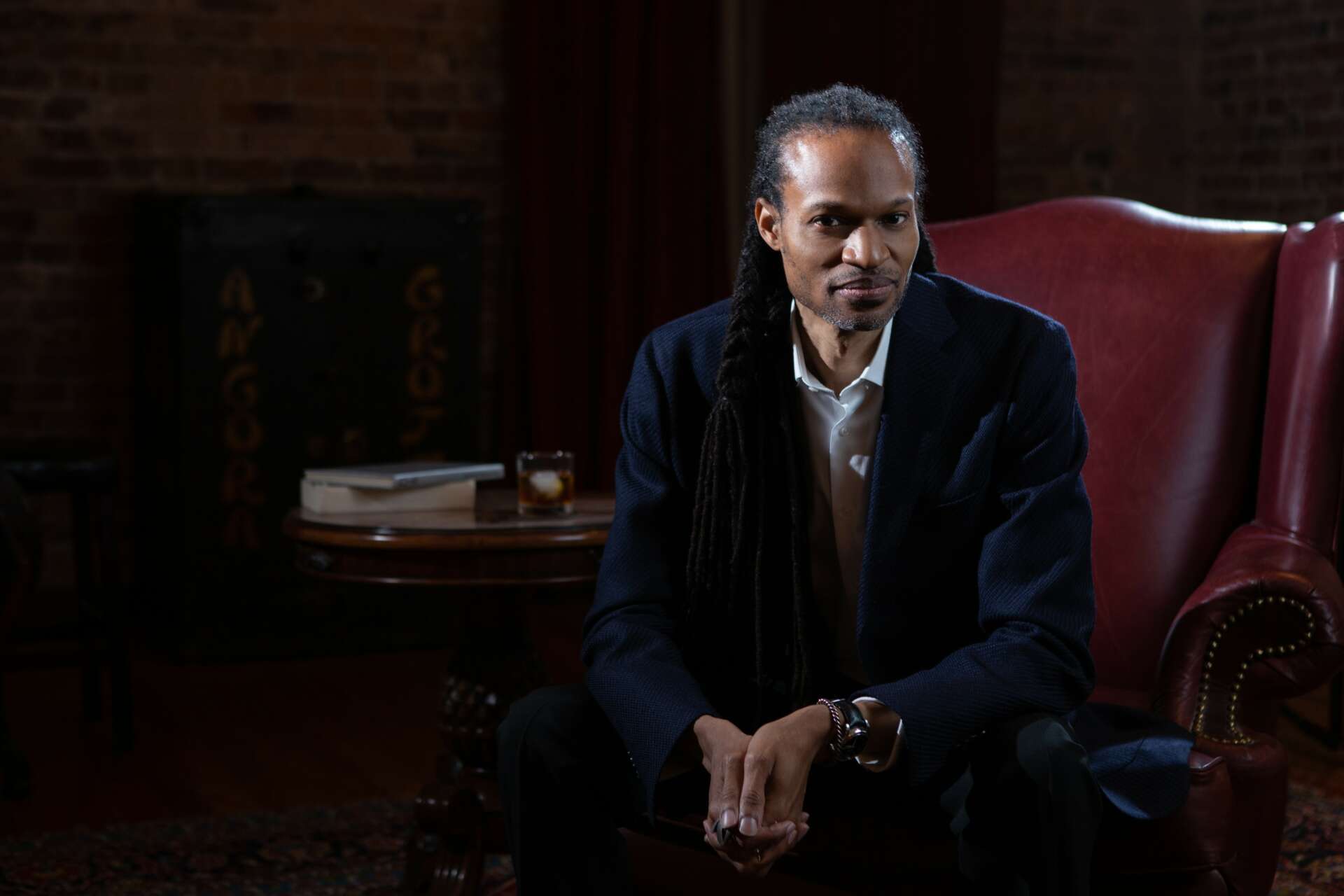Alright – so today we’ve got the honor of introducing you to Stacy D. Flood. We think you’ll enjoy our conversation, we’ve shared it below.
Stacy, looking forward to hearing all of your stories today. What did your parents do right and how has that impacted you in your life and career?
Of course my parents did many things correctly — keeping my brother and I alive being paramount ― but they also dedicated attention to our academic success, our cultural education, and the expansion of our horizons beyond our immediate environment. From exposing us to the joys of travel early in life to encouraging us to appreciate learning as well as enjoying different cultures along with our own, there was nothing that they didn’t want us to explore, nor any room they wanted us to feel uncomfortable in; by that they made us students of the world, and reminded us that we shouldn’t hesitate to savor every corner of it.
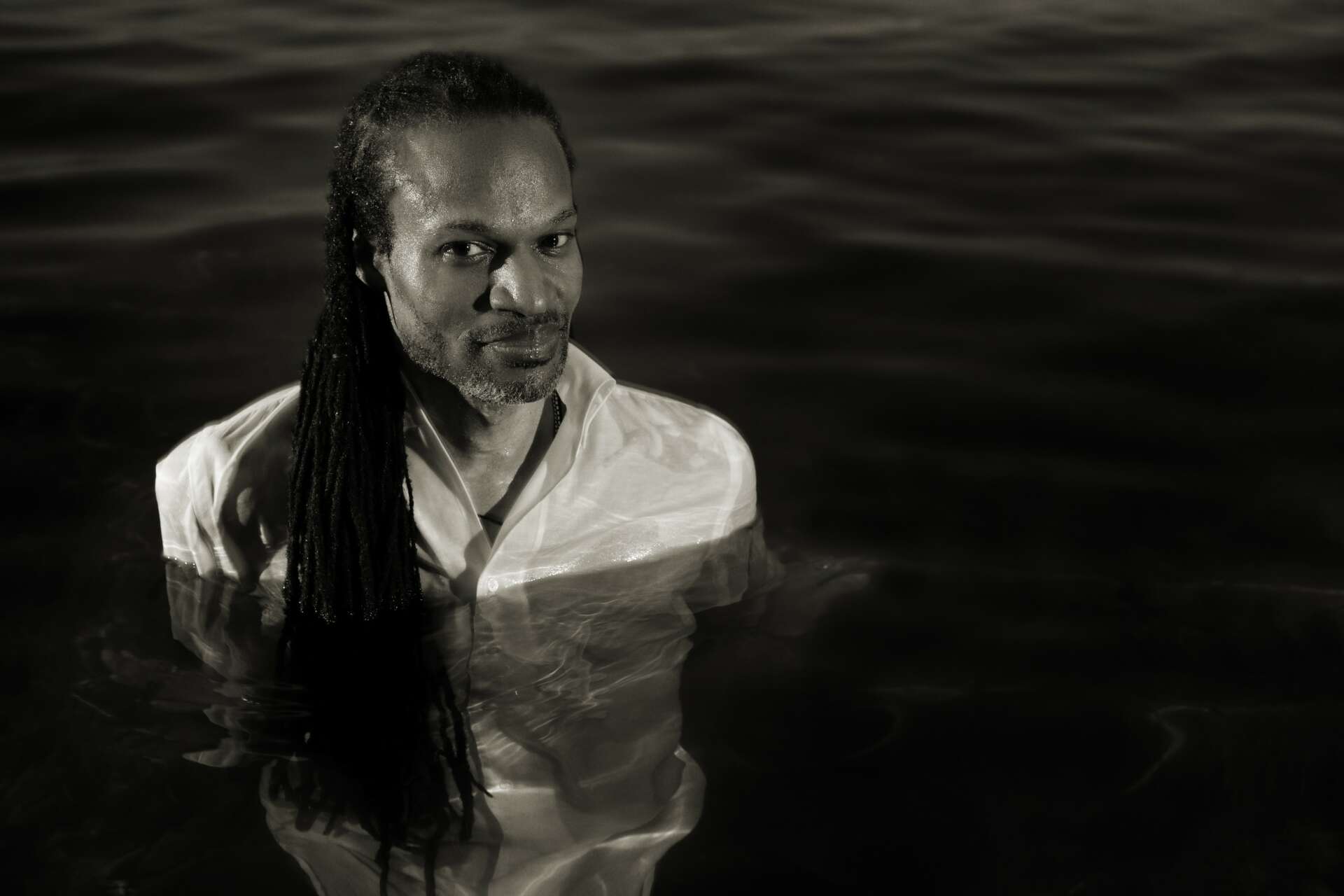
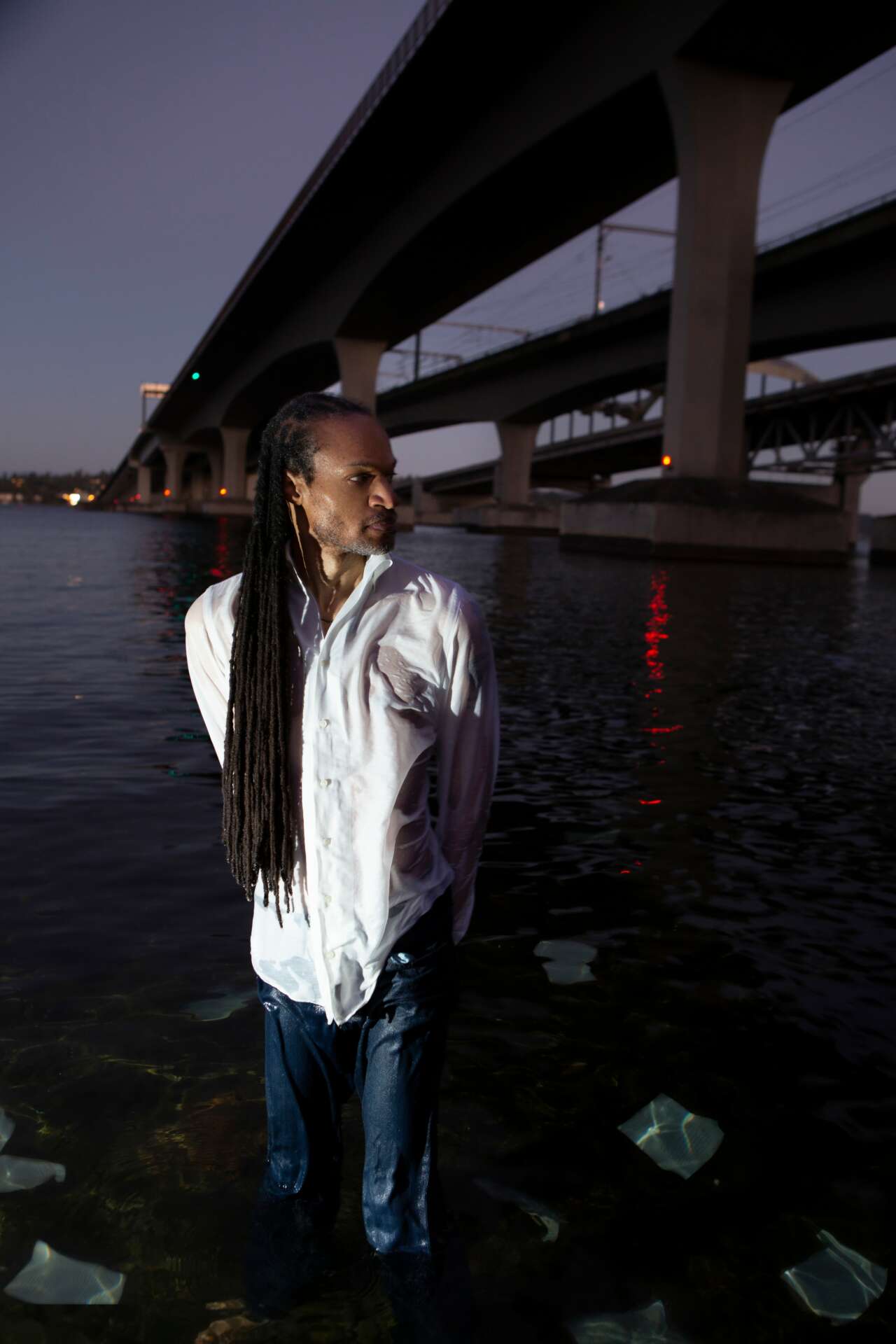

Stacy, before we move on to more of these sorts of questions, can you take some time to bring our readers up to speed on you and what you do?
I still feel fortunate enough to call myself a writer, and both a student and admirer of the craft.
Although I’m originally from Buffalo, and currently living in Seattle, my work has appeared at ACT, Ghost Light Theatricals, Theatre Battery, and Theater Schmeater in Seattle, as well as in SOMA Magazine, Seattle Weekly, three Seattle Fringe productions, the Akropolis Performance Lab’s New Year/New Play salon, Playlist Seattle, the Adaptive Arts Theatre Company’s Night of New Works, Macha Theatre Works’ Distillery series, Mirror Stage’s ‘Expand Upon’ readings, The Hansberry Project’s REPRESENT festival, Infinity Box’s Centrifuge, FUSION Theatre Company’s ‘The Seven’ Short Works Festival, and in Starbucks’ The Way I See It campaign. I have served as an instructor at Seattle’s Hugo House and Portland’s Literary Arts as well as a lecturer at San Francisco State University — from which I hold an MA in English, an MFA in Creative Writing, and a Clark/Gross Novel Writing Award — and I have additionally been awarded both a Getty Fellowship to The Community of Writers and a Gregory Capasso Award in Fiction from the University at Buffalo. Furthermore, I have been a finalist in the Ashland New Play and Playwrights Foundation Bay Area festivals, and in addition, an artist-in-residence at DISQUIET in Lisbon, Djerassi in Northern California, and Millay Arts in New York. My play entitled ‘The Optimist, or What Space Travel Means to Me’ will be featured as part of ACTLocal, and published by Lanternfish Press, ‘The Salt Fields’ is my first novella.
Nevertheless, through everything, it is my constant dedication to, and love for, story excellence ― in addition to enjoying the stories others are brave enough to craft and deliver, in whatever medium works best for them ― that keeps me rhapsodic about storytelling, and that keeps me convinced in the power of imagination to counter whatever darkness we face, or to capture any starlight we’ve missed.
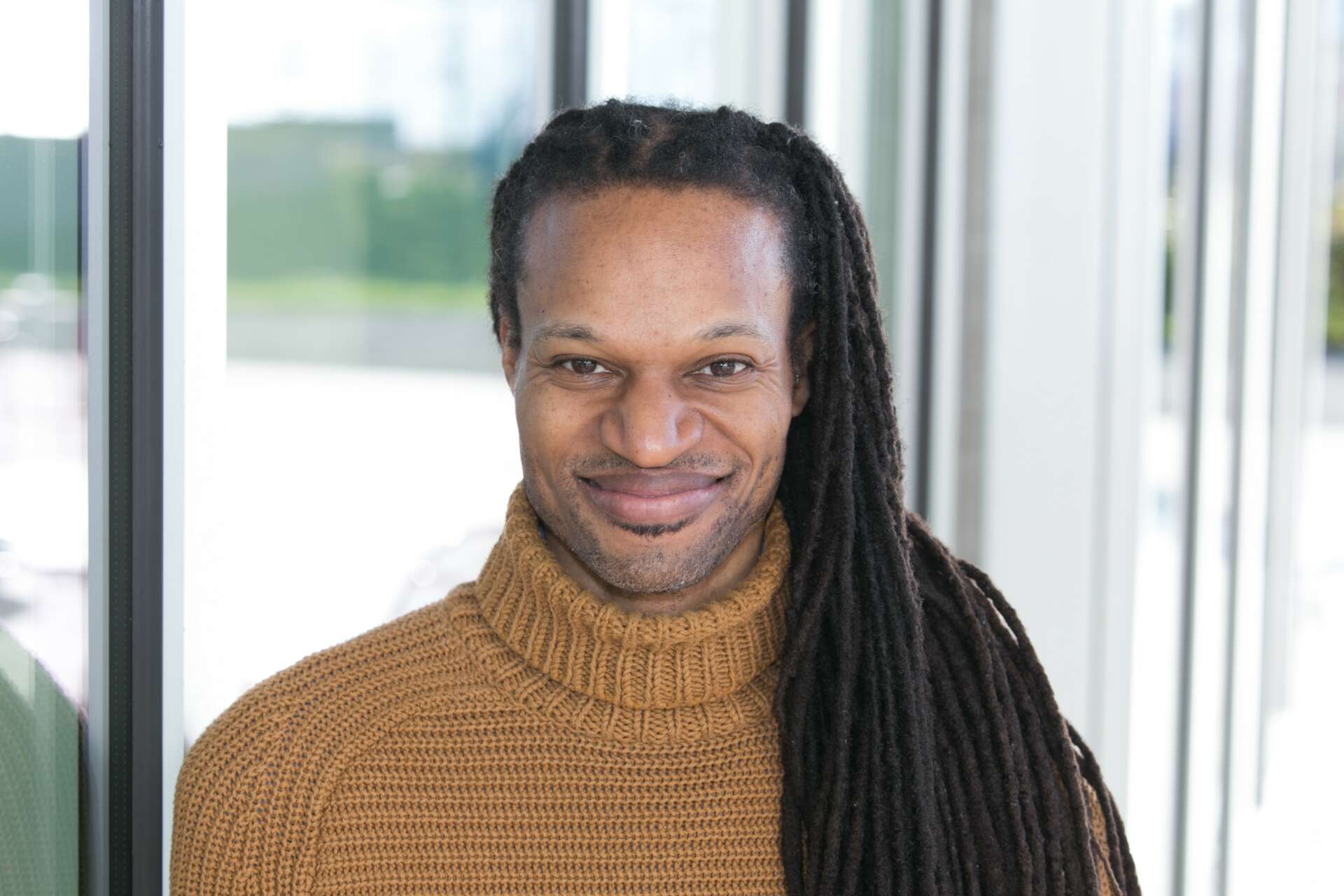
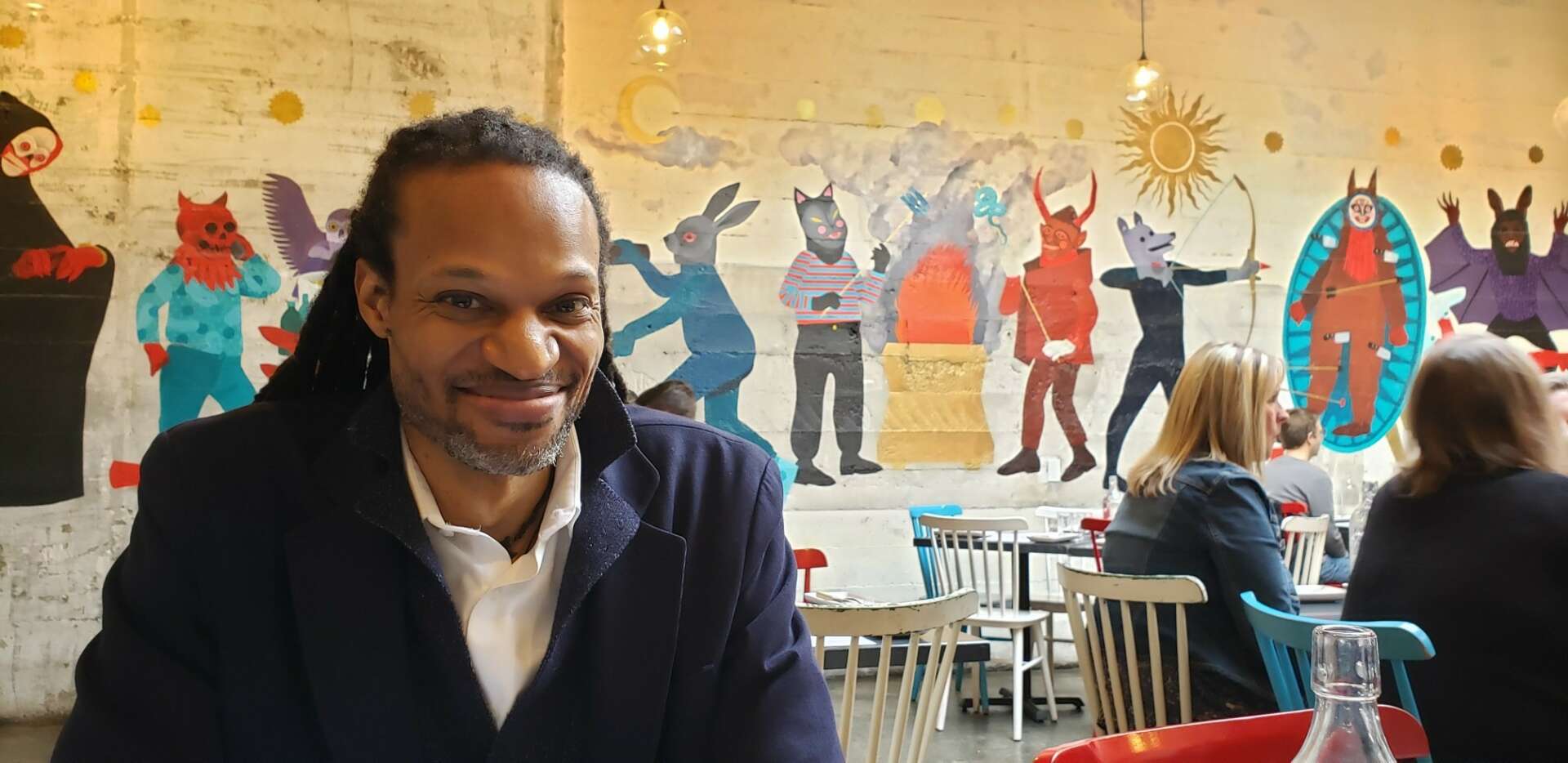
Is there a particular goal or mission driving your creative journey?
I would say — whether it is in the writing I enjoy, the writing I support, or the writing that I strive to create — that the goal is to illuminate voices or experiences once hidden, underappreciated, or unrecognized across the human conversation. There can be a focus on our similarities or our differences, but the essential goal is to reach towards the fundamental truths of our collective humanity, even if through one individual voice. The smallest whisper, just as the single line or brushstroke, can contain every voice in the world.
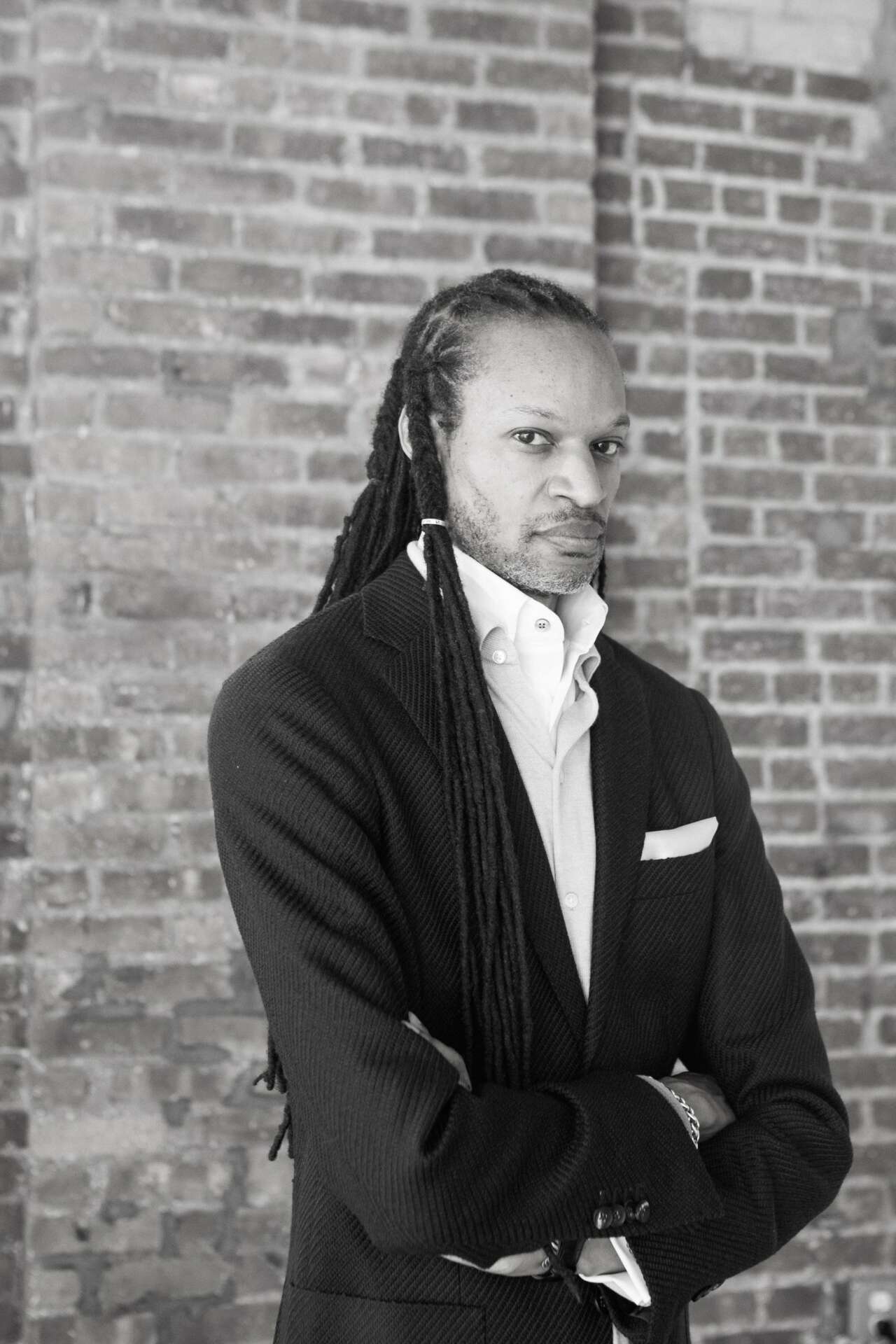
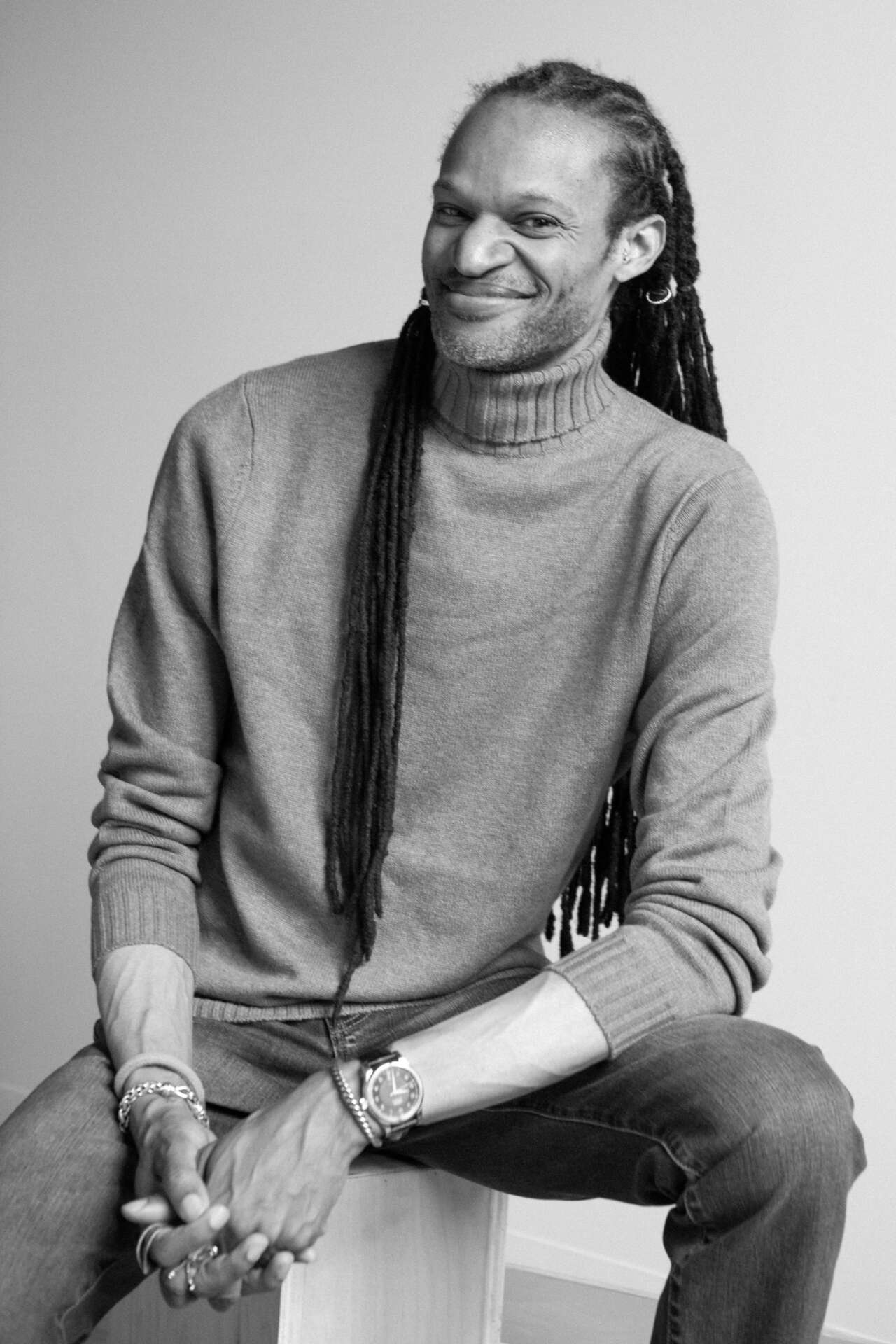
Is there something you think non-creatives will struggle to understand about your journey as a creative? Maybe you can provide some insight – you never know who might benefit from the enlightenment.
I think that one aspect of the creative process that can be misunderstood, yet quite beneficial, in the business arena also is the understanding, and appreciation, of the idea that progress and success are not necessarily linear. True artists and business leaders alike can recognize that working from chapter to chapter, or scene to scene, or towards the classic graph with the upward arrow to the right may not represent the optimal trajectory to get to your best achievements. What may seem like a misstep or decline could actually be the pathway to greater success in the end; indeed, how many stories have we heard of authors discarding entire drafts to start again on what becomes their greatest works, or, likewise, businesses taking significant losses or making costly acquisitions only to find monumental success afterwards? The important thing is understanding your missions and goals — keeping those as the forefront, foundation, and whetstone for your success. Risk, then, becomes more about discovery, exploration, insight, and opportunity.
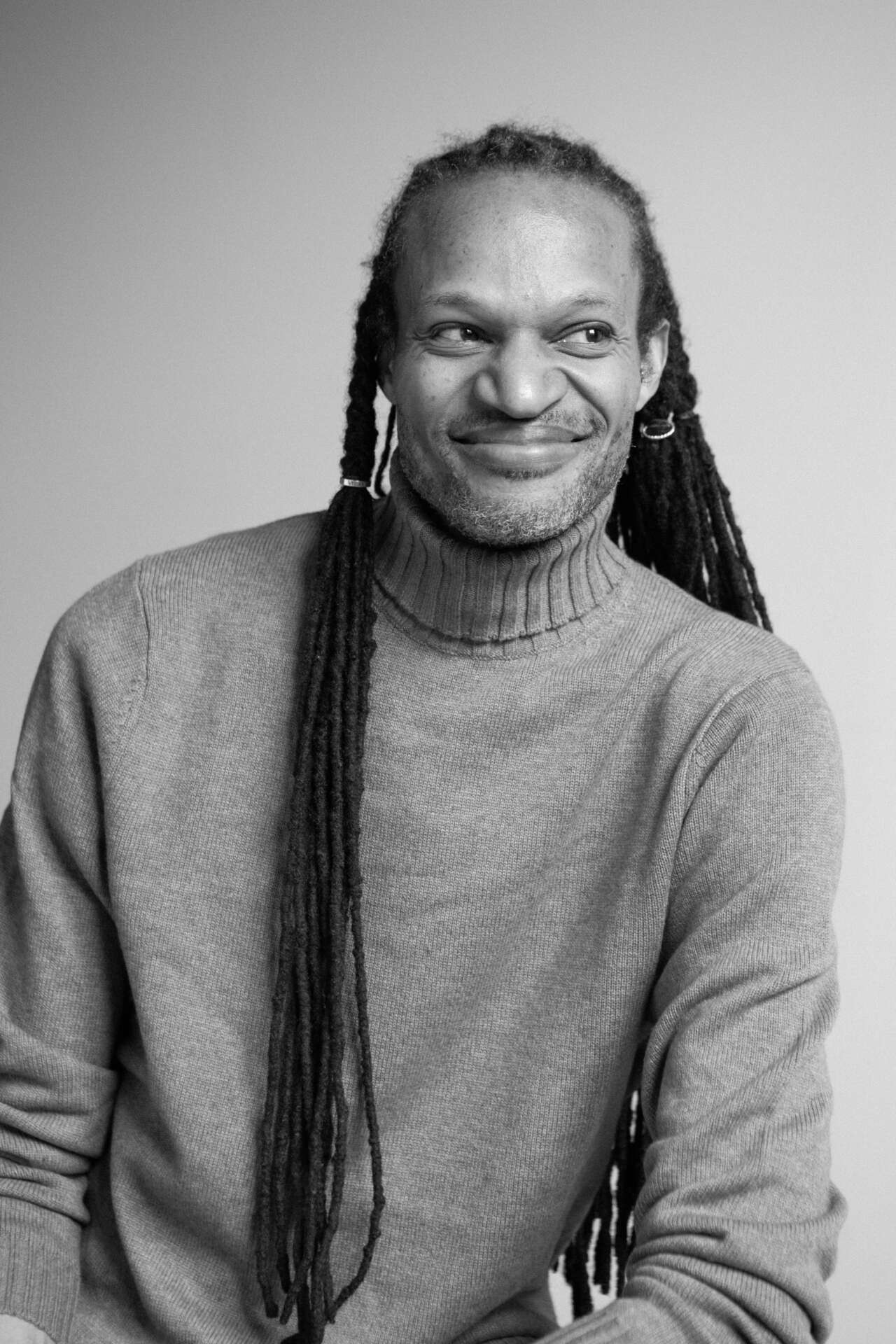
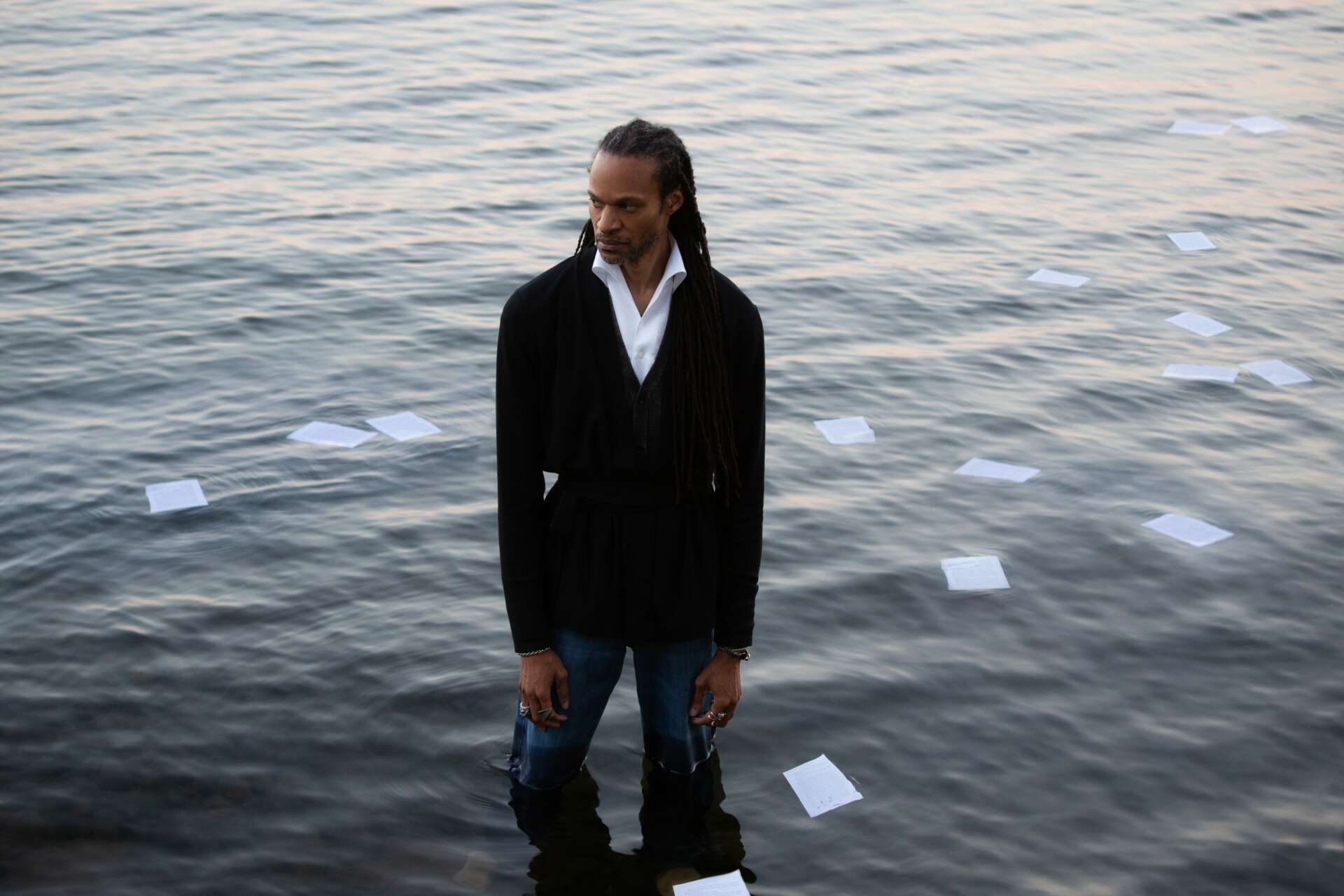
Contact Info:
- Website: stacydflood.com
- Instagram: @stacydflood
- Facebook: this.is.stacy.flood
- Linkedin: stacy-flood-63b1181b9
- Twitter: @StacyDFlood
Image Credits
Jennifer Richard Photography, Bogdana Ferguson, Julia Steff


